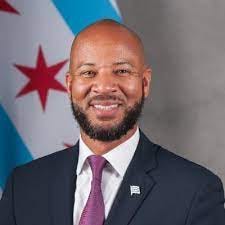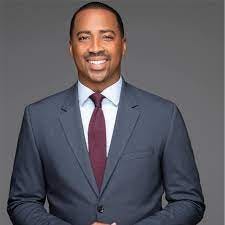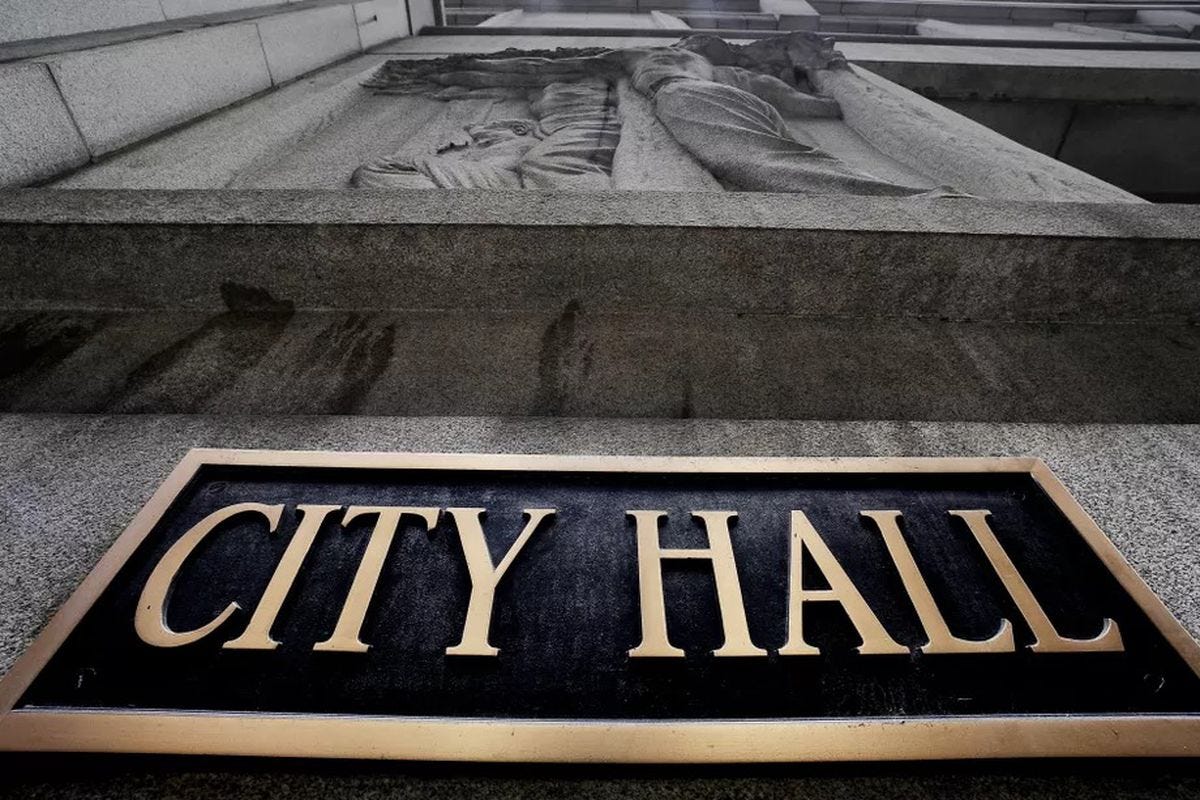We will finally start hearing from the City Council
The council's Black Caucus can be instrumental in upcoming budget negotiations
With so much attention and news coverage focused on Mayor Brandon Johnson over the past three months, many might not have noticed that the Chicago City Council seems content to remain out of the spotlight. Frankly, if it were not for the rash of back-to-school posts and tweets, the council, especially the Black Caucus members wouldn’t be on our collective radar.
The four new Black alderpersons undoubtedly are still learning their way around the complexities of the system; so much shouldn’t be expected of them.




Of course, they all show up for community events, but beyond that they have yet to make an impact-especially when it comes to legislation. There is no reason to doubt they are inundated with constituent requests; but when we look at their legislative action, they aren’t leaving much of a paper trail - literally.
Robinson is the only one of the four to introduce significant legislation that has a citywide impact. His resolution -R 2023-000-2940 focuses on a “Call for Chicago institutions of higher learning to establish department or office to aggressively work to increase Black student recruitment, enrollment and scholarship opportunities.”
In all fairness, these alderpersons not only had to get acclimated to this system, they also, to varying degrees had to deal with the asylum-seekers crisis. An issue even the executive side still stuggles to address adequately.
However, the new members counterparts, some who have nearly 40 years on council, aren’t racking up a string of legislative wins either. They don’t have wins because the overwhelming majority of the other Black Caucus members seem to show up at their montthly meetings armed with resolutions celebrating the birthdays of some of the older residents in their respective wards.
The other dominant matter being pushed, especially by long-service Black Caucus members, during the formal meetings is giving the OK for some constituents to have handicapped parking signs placed in front of their homes. An examination of city council meetings show signs for businesses is the other favorite of alderpersons representing wards 3,4,5,6,7,8,9, 16,17,18,20, 21, 24,27, 28, and 29.
Looking at that list begs the question whether some of the actions of the alderpersons could be carried out by a non-elected person. If that were the case, wouldn’t signage be placed in a more expeditious manner? Would housekeeping matters such as reporting potholes or slow garbage collection to a city department, get those problems addressed sooner and more efficiently? That would give alderpersons more time to look at and address the big picture items in their wards, that possibly have citywide impacts.
There is absolutely no question that the big picture council members should be pondering and addressing now with constitutents in open forums is the upcoming municipal budget. This budget will receive and needs more attention than any in recent history.
That is because Chicago faces the reality of having an unrealistic budget proposed by an inexperienced mayor who to date has avoided any meaningful public discussions about city finances. That reality is compounded by the fact that the council is comprised of more than a dozen new members, an historic high. These are men and women who have never had to dissect and vote on a budget. The interests in that cohort are so varied it is remains to be seen what they will make priorities. In short, we are likely heading into a more raucous set of budget hearings than we have witnessed in decades.
Granted, the administration promises tutorial sessions for the new alderpersons and any veteran council members who want to attend; but those no doubt, will be used as much to influence as to inform. It can be seen as a clever tool to create diviseness among the alderpersons.
With the city facing yet another budget deficit, it is imperative that city council members move now rather than later to establish their priorities for the upcoming fiscal year. Those priorities should be rooted in what their constituents identify as chief concerns. Then, it is up to the individual alderperson to determine how the concerns identified meld with the others and the city’s overall.
The council certainly needs to flex and demonstrate that the executive branch of government isn’t the sole determiner of how the city is supposed to proceed fiscally.








